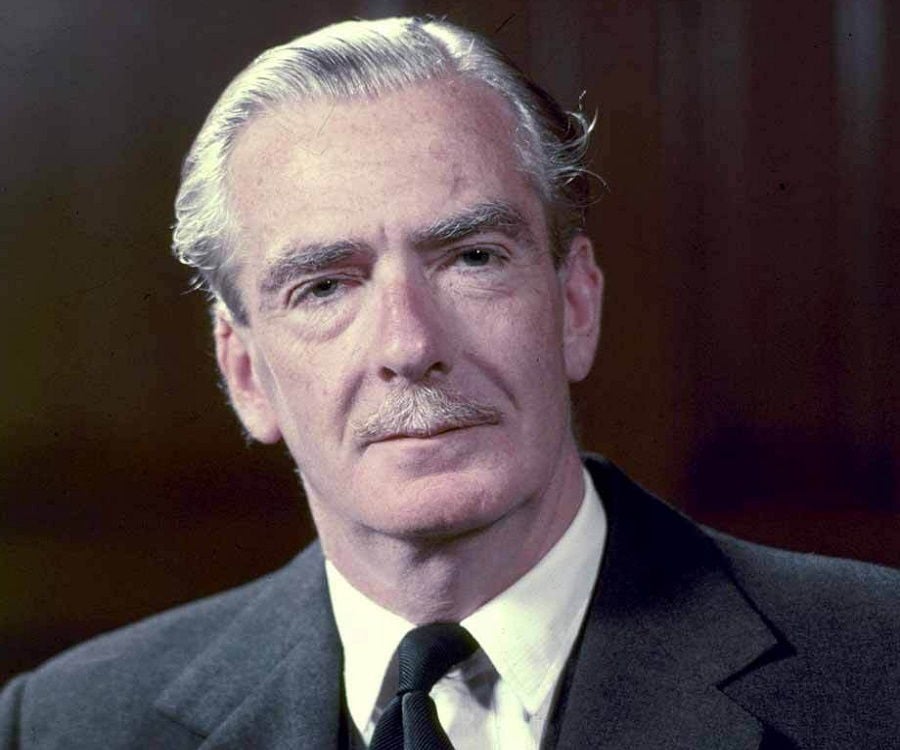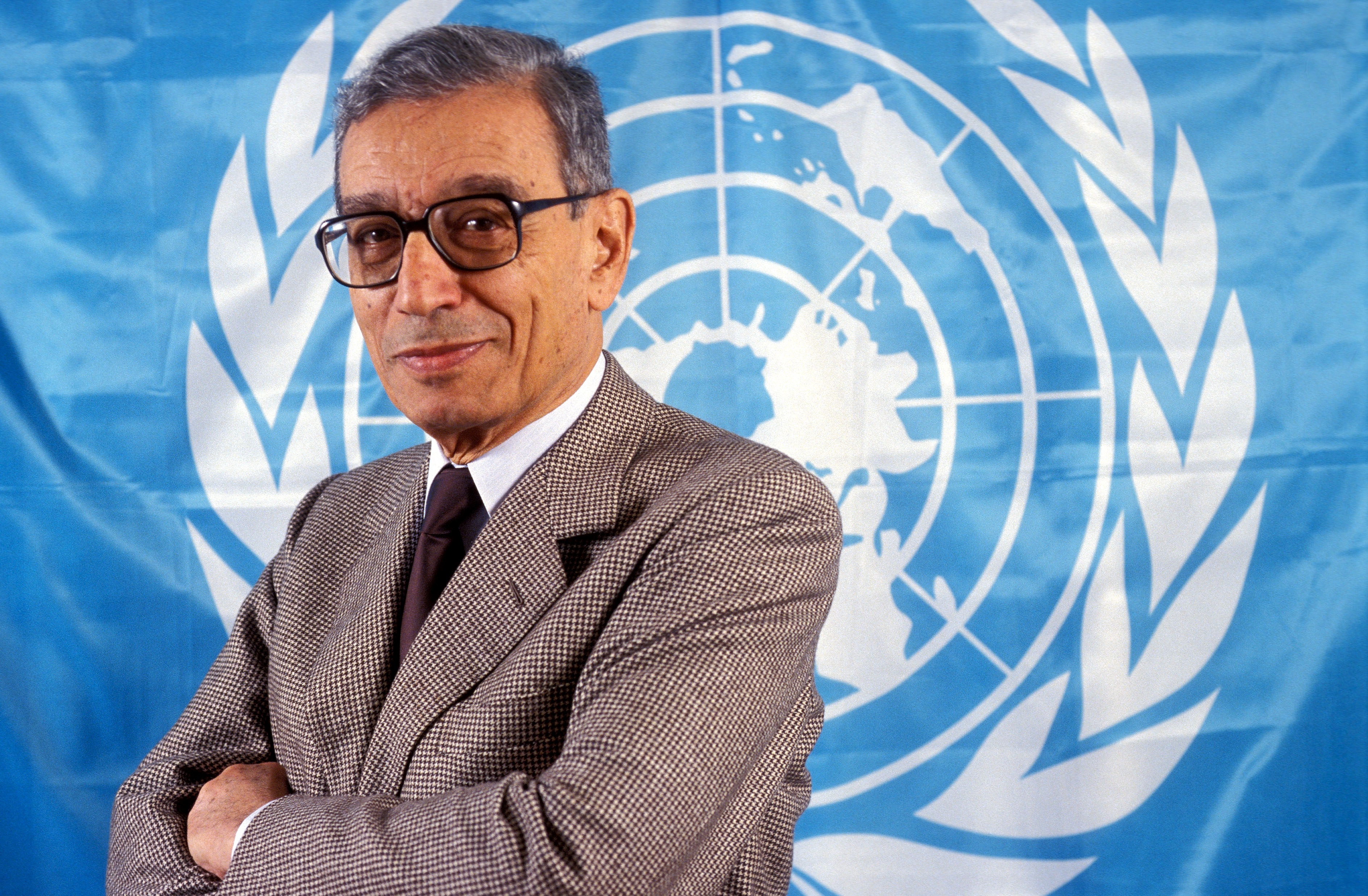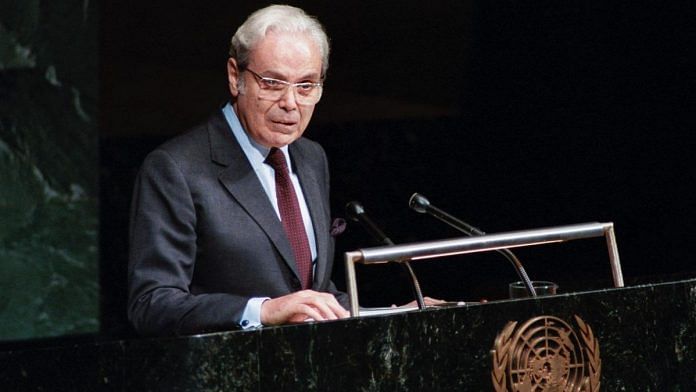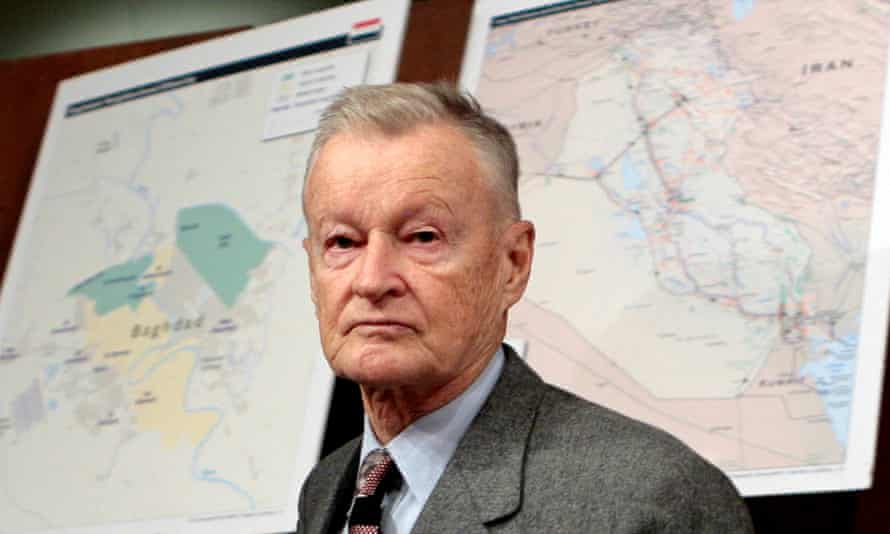The list below comprises the ten most influential 20th century diplomats. Throughout the last century, they held positions and achieved achievements that influenced the lives of millions, the fate of countries and people, and changed the history of the world.
This list of the most influential 20th century diplomats contains additional information about their nationality, background, career, and greatest achievements.
As we compiled this list, we wanted to show the ten diplomats whose actions, advice, and decisions had the most impact on global diplomacy. There is no political bias in the list.
1. Henry Kissinger

Henry Kissinger from the United States is certainly one of the most influential diplomats of the 20th century. It is also possible to link him to the Cold War, during which China was a new and powerful player. During Nixon’s visit to China, he laid the groundwork for economic and cultural relations between the US and China.
In connection with the Vietnam War, Kissinger won a Nobel Peace Prize. As a shuttle diplomat, he forged a truce and later a peace after the Yom Kippur War. According to Kissinger, preventing Russian influence in the Persian Gulf requires putting pressure on it. Throughout the world, his geopolitical ideologies have defined diplomacy throughout the 20th century.
2. George F. Kennan

Known for his 1946 ‘Long Telegram,’ Kennan emphasized the importance of taking decisive action against the Soviet Union. Containment is the policy he believes in. According to the Truman doctrine, the main goal of the United States is to contain the spread of Soviet influence.
3. Thomas Edward Lawrence
British archaeologist Thomas Edward Lawrence, also known as Lawrence of Arabia, was a military strategist, author, and diplomat. First and foremost, his interests centered on medieval military architecture. As part of his mission in Egypt, Lawrence cooperated with Hashemite forces.
4. Robert Anthony Eden

Anthony Eden served as a British diplomat and Foreign Affairs Minister, as well as a Prime Minister. As a member of the League of Nations, he advocated Germany’s admission. Eden also met Adolf Hitler in 1935. The British diplomat raised a slight protest against Hitler for restoring conscription in violation of the Versailles Treaty.
Furthermore, Anthony Eden tried to convince Mussolini to avoid war in Ethiopia by contacting the League of Nations. Additionally, he participated in the UN’s founding. The French leader Charles de Gaulle later entrusted him with keeping up good relations. Eden, however, was not completely committed to maintaining active relations with the United States, because of the way in which its British allies were treated.
5. Yakov Malik
The Soviet diplomat Yakov Malik signed an agreement with Philip Jessup for the end of the Berlin Blockade in 1949. His name is also known for the U.N. Security Council Resolution 82. The Soviet diplomat boycotted the UNSC meetings in 1950 because the Soviet Union did not want the Nationalist Chinese representative to attend.
6. Boutros Boutros-Ghali

The development of Boutros-Ghali’s political career began when he became a member of the Arab Socialist Union’s Central Committee between 1974 and 1977. In 1979, he became a member of the International Law Commission and served until 1991. Boutros-Ghali took part in the Camp David Accords negotiations in 1978. Also in 1979, 1982, and 1990, he attended sessions of the United Nations General Assembly. He also served Egypt’s Ministry of State for Foreign Affairs until 1991. He became the UN’s sixth Secretary-General in 1992.
7. Eduard Shevardnadze

Initially, he served as the Foreign Minister of the Soviet Union, then as its leader. Most of his active years in politics were during the Cold War’s detente period. He worked effectively on nuclear arms negotiations with the U.S. and helped end the war in Afghanistan. Aside from reunifying Germany, he also took part in the withdrawal of Soviet troops from Eastern Europe and the Chinese border. Shevardnadze resigned in 1990 due to the ‘growing influence of hardliners under Gorbachev’.
Subsequently, South Ossetia and Abkhazia became separatist territories. His Georgian presidency included the signing of the Georgian-NATO strategic partnership and the declaration that Georgia was happy to join NATO and the EU. At the same time, corruption became a significant issue in Georgia.
8. Madeleine Albright

Between 1993 and 1997, Madeleine Albright served as the US Ambassador to the United Nations. She disagreed with the policy and practice of Boutros Boutros-Ghali in Rwanda. In 1996, she and Richard Clarke, Michael Sheehan, and James Rubin forged a secret pact. The goal of the coalition was to hinder the work of Boutros Boutros-Ghali at the UN. Secretary-General post for a second time. They named this plan ‘Operation Orient Express’ in hopes that other countries would join the pact as well.
She became the first female U.S. Secretary of State in 1997. At the Hong Kong handover, Albright represented the United States.
9. Javier Pérez de Cuéllar

Peruvian diplomat Pérez de Cuéllar began working at the Ministry of Foreign Affairs in 1940. He then worked as a secretary at Peru’s embassy in France, worked in the United Kingdom, Bolivia, and Brazil, and served as an ambassador to Switzerland, the Soviet Union, Poland, and Venezuela. His service in the Security Council of the United Nations dates back to 1973 and 1974. He subsequently became the Under-Secretary-General for Special Political Affairs of the United Nations in 1979. He was among the most influential 20th century diplomats.
10. Zbigniew Brzezinski

Brzezinski is an outstanding expert on geopolitics and international relations, born in Poland. As a critic of Nixon and Kissinger, he argued that they overemphasized the détente. In addition, the Carter doctrine, which used force to defend the Persian Gulf, is also linked to his name. He served as a U.S. foreign affairs adviser during the Kennedy and Johnson administrations in the 1960s. President Carter appointed Brzezinski as National Security Adviser in 1977.
Also Read: Top 10 Mysterious Temples of India you should visit

1 Comment